- Narayan Prasad Ghimire
On the day Prime Minister Pushpa Kamal Dahal 'Prachanda' was facing floor test on January 10, both the legacy media and social media, since morning, had reported the news and concern that House of Representatives (HoR) would have absence of opposition. It must have taken the aware citizens by surprise why the parliamentary system was being mocked at in such a way in the country.
Despite the country moving ahead in a political consensus especially after the second people's movement, the recent behaviour of political parties are more unusual and unexpected- did the NC, being the largest political party in the HoR, give vote of confidence to Prachanda, as a consensus politics or has it carried a strategic and long term significance? If it is a strategic move, what's its present meaning and future projection?
Among 270 present lawmakers, he got 268 votes in his favour. NC had the large number of votes to him. Only Chitra Bahadur KC of Jana Morcha (1) and Prem Suwal of Nepal Workers and Peasant Party (1) voted against him. With this, only two lawmakers are legitimate opposition. The leader (Prachanda) of the party with only 32 seats in HoR got more than 99 percent votes of trust.
The Nepali Congress, which claims itself the oldest and the democratic party in the country, has been censured by the analysts and constitutional experts over its character. The experts have criticised the behaviour of the NC, saying that NC, after voting in the trust motion for Prachanda, can no more be an opposition party.
It is worth noting that the Maoist Centre was the ruling alliance and the electoral alliance with NC before election.
Even the supporters and well wishers of the NC have vented ire over such act of the party. They have both admitted and worried that the NC was now losing its values and relevance. The party that already dampened the hope of its voters, well wishers, leaders and cadres by losing the prime ministerial post to the Maoist Centre over the 'big party' (largest-89 seats in HoR) ego created by the election result, is now being observed by many.
As the NC coterie did not allow party President Sher Bahadur Deuba to budge from the stand of not letting both the prime minister and president posts to the Maoist Centre after election, its Chairman Prachanda joined the hand with the CPN-UML and seized the opportunity largely with the support of CPN UML. It is worth noting that the Maoist Centre was the ruling alliance and the electoral alliance with NC before election. Although the election result made NC the first while Maoist Centre the third large party (32 seats in HoR), Maoist Centre Chair Prachanda insisted on his agreement with NC President Deuba on the rotational sharing of PM post- after election Prachanda to be the PM, and to which Deuba violated.
Generally, in the parliamentary system, the largest party is believed to form the government and others stay in opposition. The role of opposition is more important than that of ruling parties in the parliamentary democracy. Its watchdog role is expected to correct the wrong activities of the ruling parties. But, what happens when the major opposition itself votes to the PM from other party? Is it mere a party's (NC) erosion or erosion of parliamentary system? It is indeed intriguing question.
Now, Maoist Chairman Prachanda who leads the government is likely to face the burden of trust votes. It is not sure the trust votes given even by the opposition Nepali Congress to him would make him stable and the government functions independently and without pressure and influence.
With no parties securing majority of seats for HoR, hung parliament was inevitable in Nepal. The government with NC's participation was expected, which, however, eluded at the last hour. NC had said it would stay in opposition and act responsibly. Now, it has shown double standard- voting for PM and claiming opposition party.
Now, Maoist Chairman Prachanda who leads the government is likely to face the burden of trust votes. It is not sure the trust votes given even by the opposition Nepali Congress to him would make him stable and the government functions independently and without pressure and influence. Prachanda himself has admitted that he had not expected such unprecedented trust votes which warranted more responsibility from him. If he fails to balance the pressure from both NC and UML, it would be difficult for him at any time even before two and half-year. The constitution has the provision that no trust motion can not be registered against PM before two and half-year.
Talking to media after giving trust votes to Prachanda, senior leader of Nepali Congress, Ramchandra Poudel, said, "NC gave trust votes to Prachanda government for 'course correction'. There is no expectation except this from the government." He however added, "NC was for Prachanda government for correcting the alliance 'hijacked' by the CPN UML."
It is in the game to restore the previous alliance- that of before election.
From the very two words- 'course correction', and 'alliance hijacked' of senior leader Poudel, it is certain that NC is exert influence on the Prachanda-led government. It is in the game to restore the previous alliance- that of before election. NC wants its share from it. Lust for power is manifest in it. So, the politics in the coming days will be more intriguing, fierce.
Although NC may not demand ministers right now, the coming elections of Speaker and President will be other interesting battles among the NC, CPN UML and CPN (Maoist Centre). With the pressures from two big parties NC and UML, how Prachanda, leader of third large party, will be able to maintain balance and continue government stability as PM for third time, is a serious. Let's see how Prachanda will display dynamism or petulance.






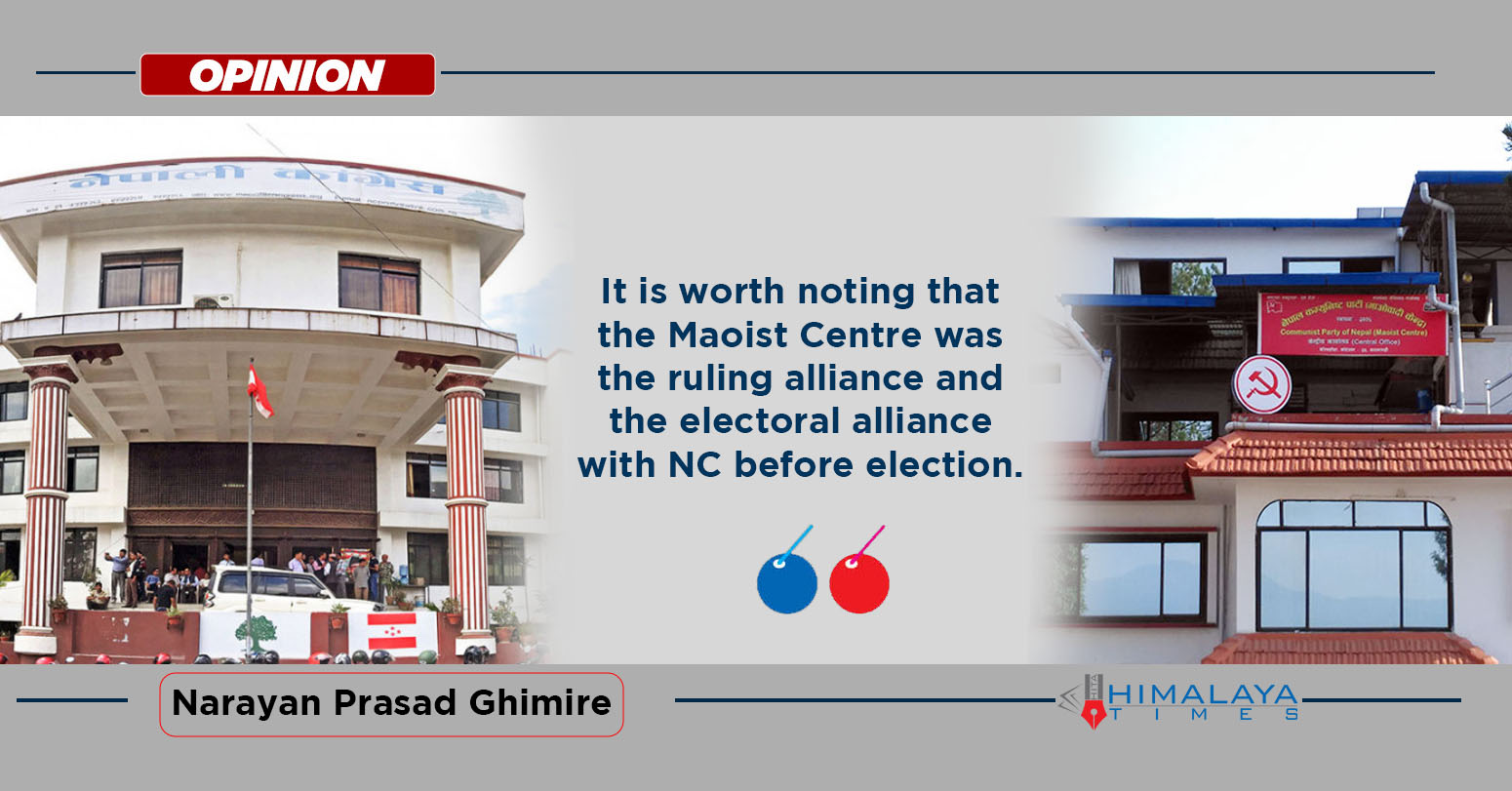
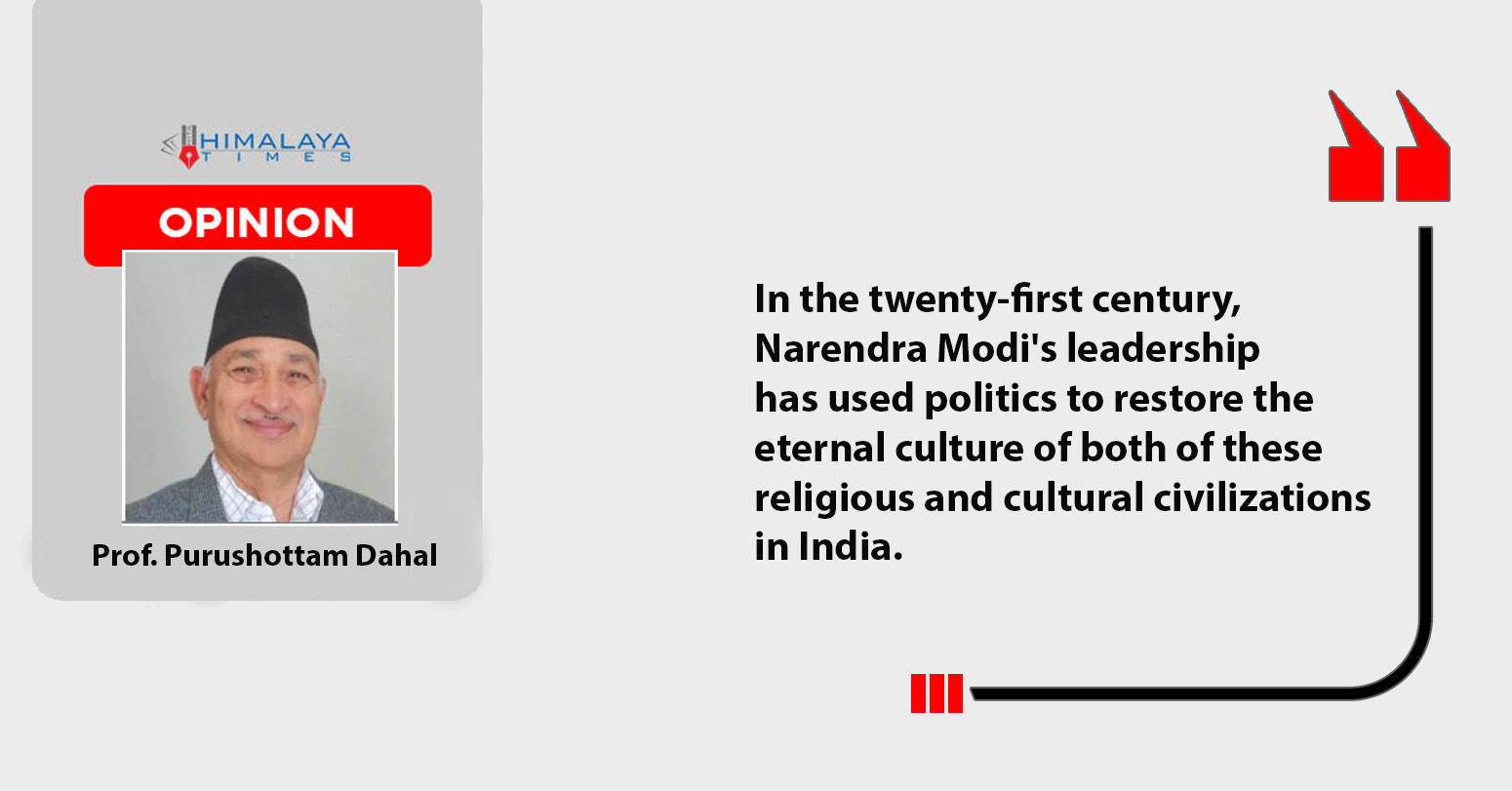
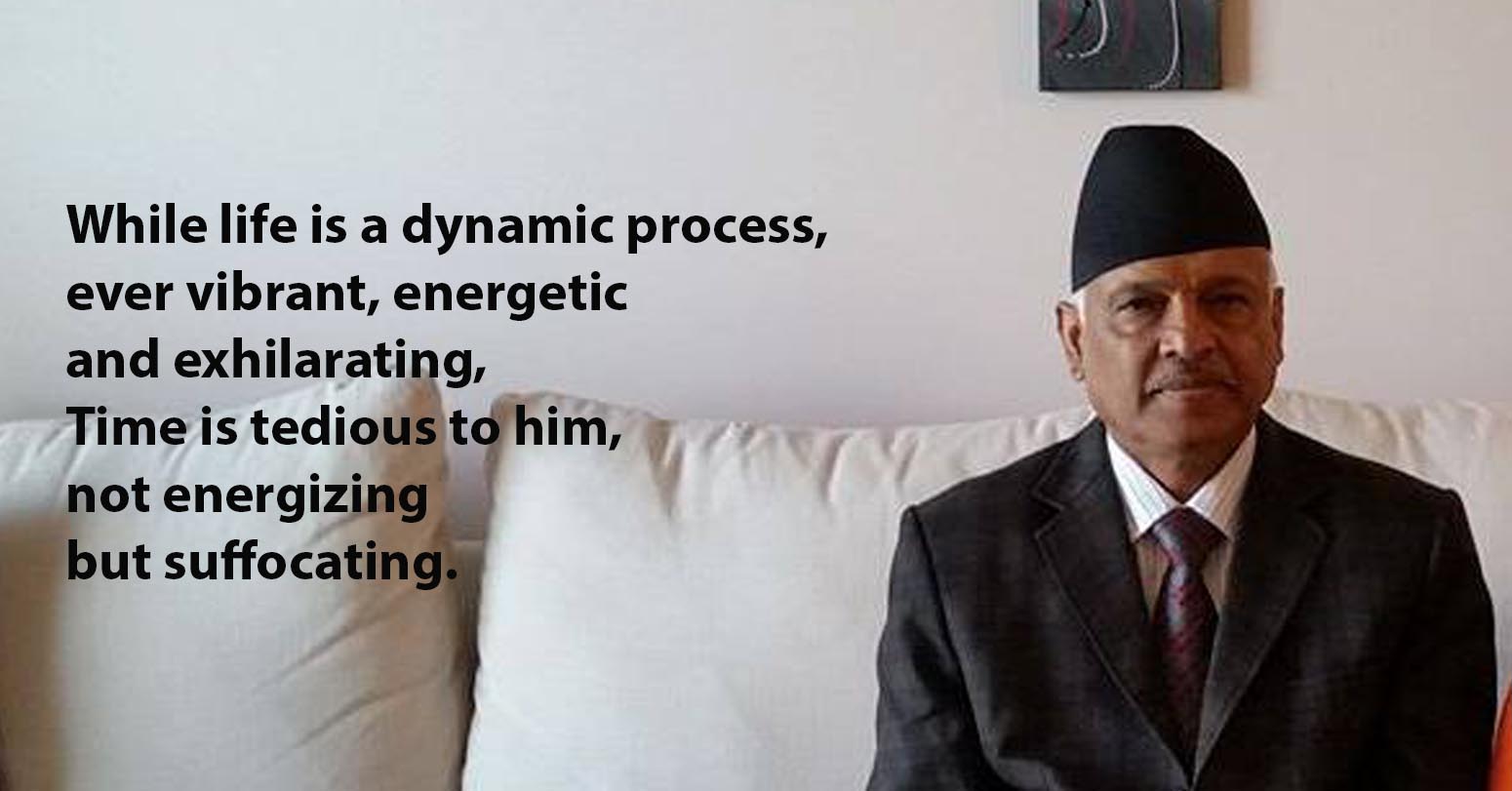
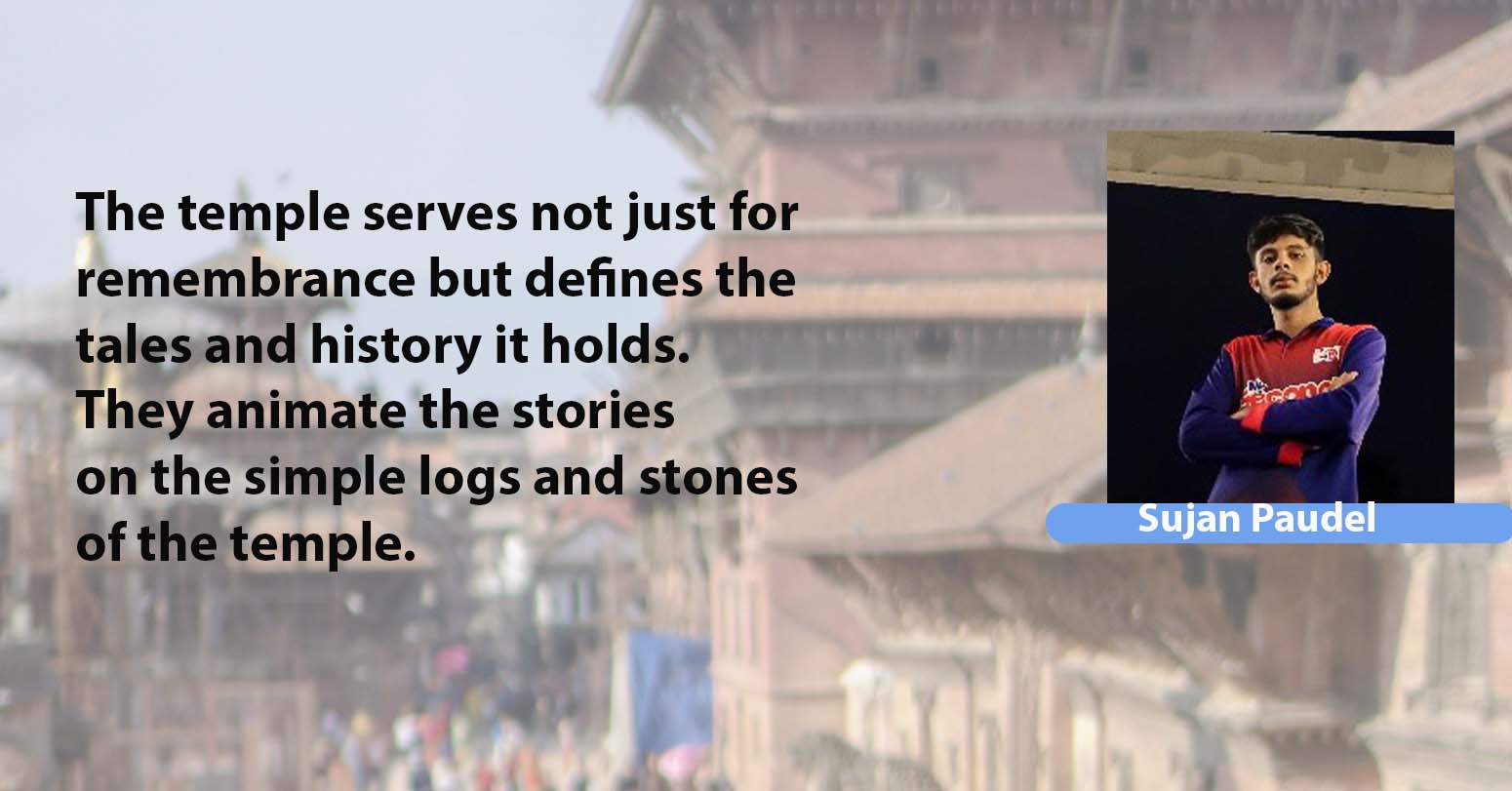
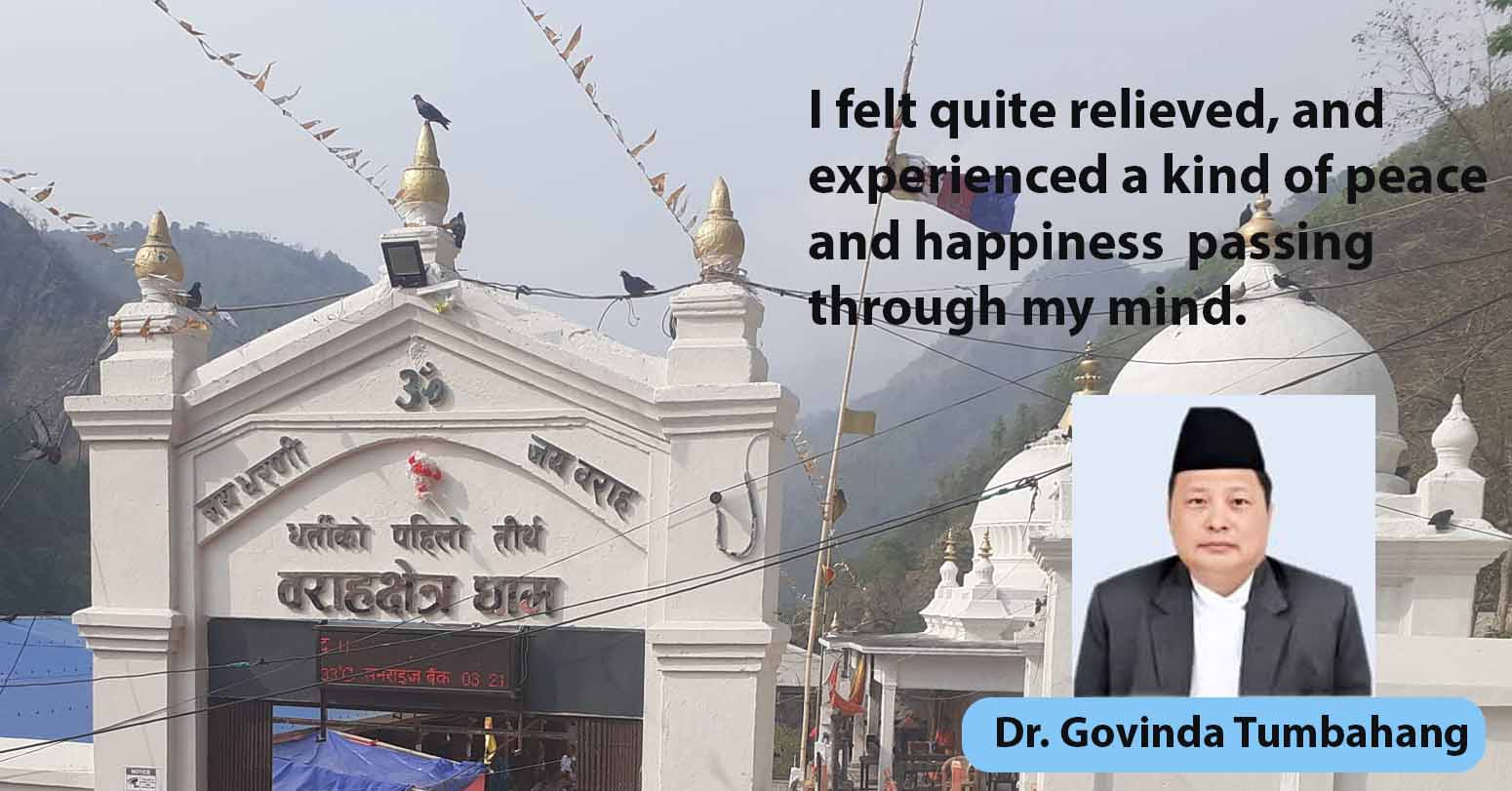
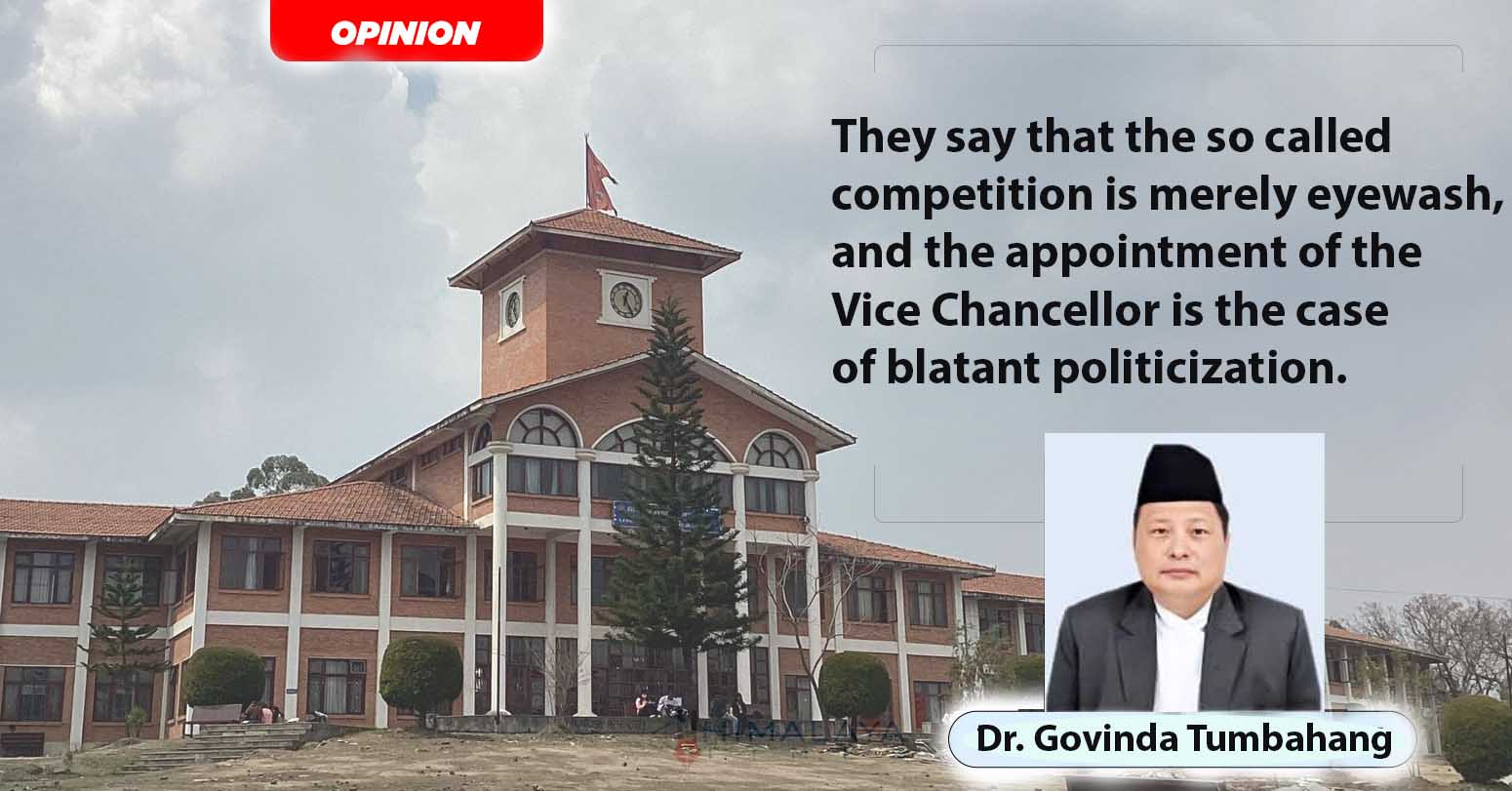
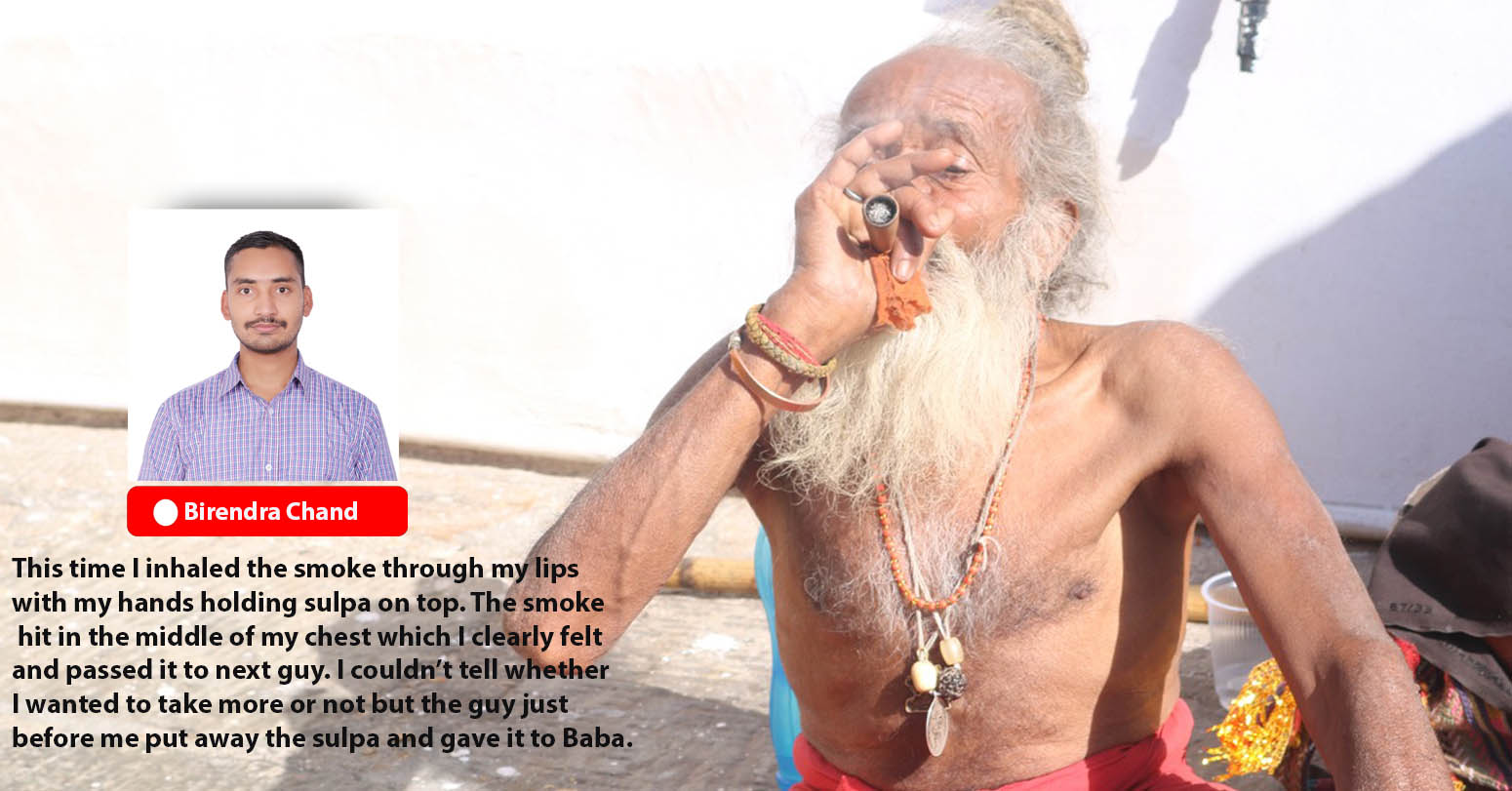
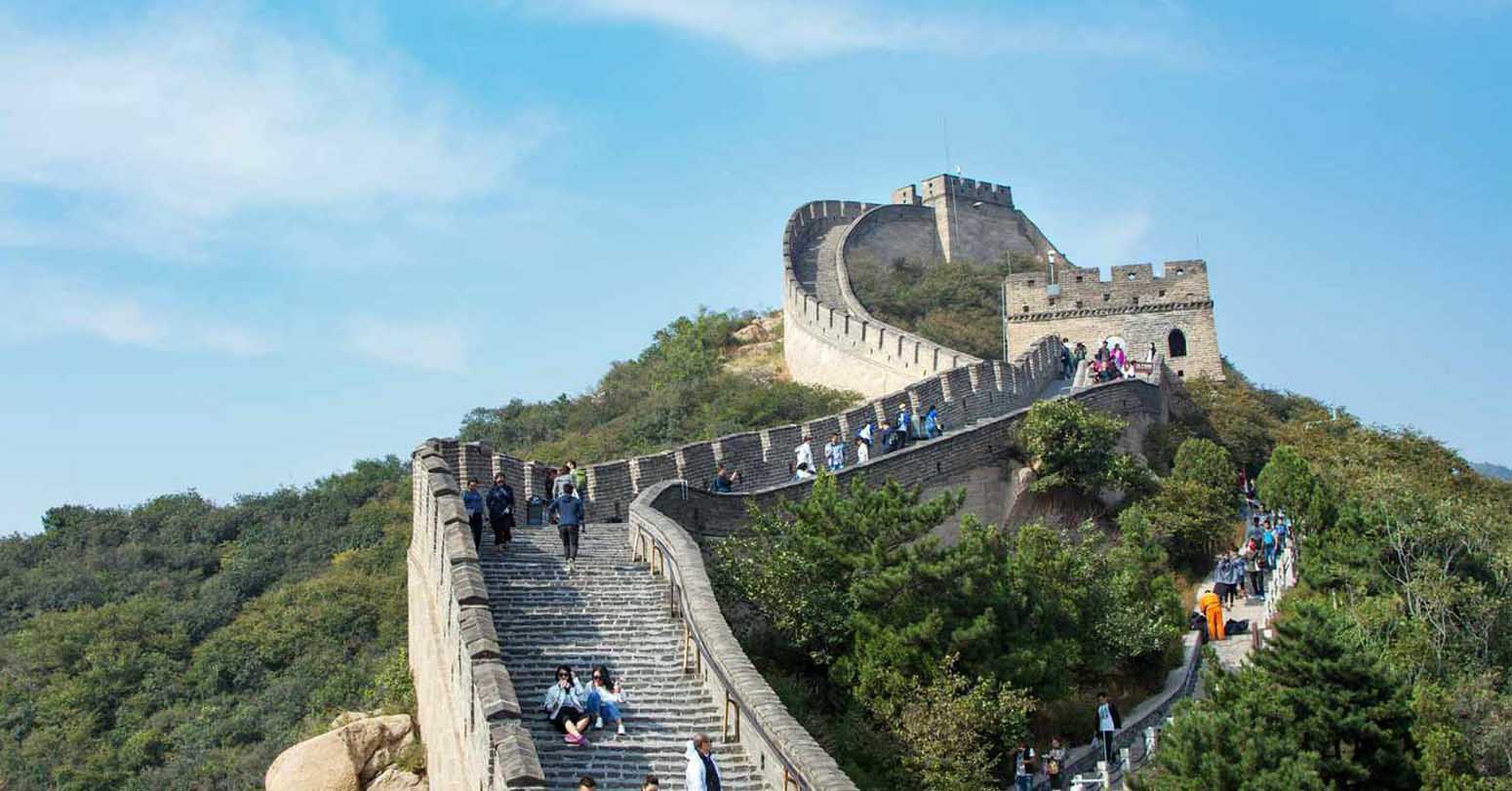
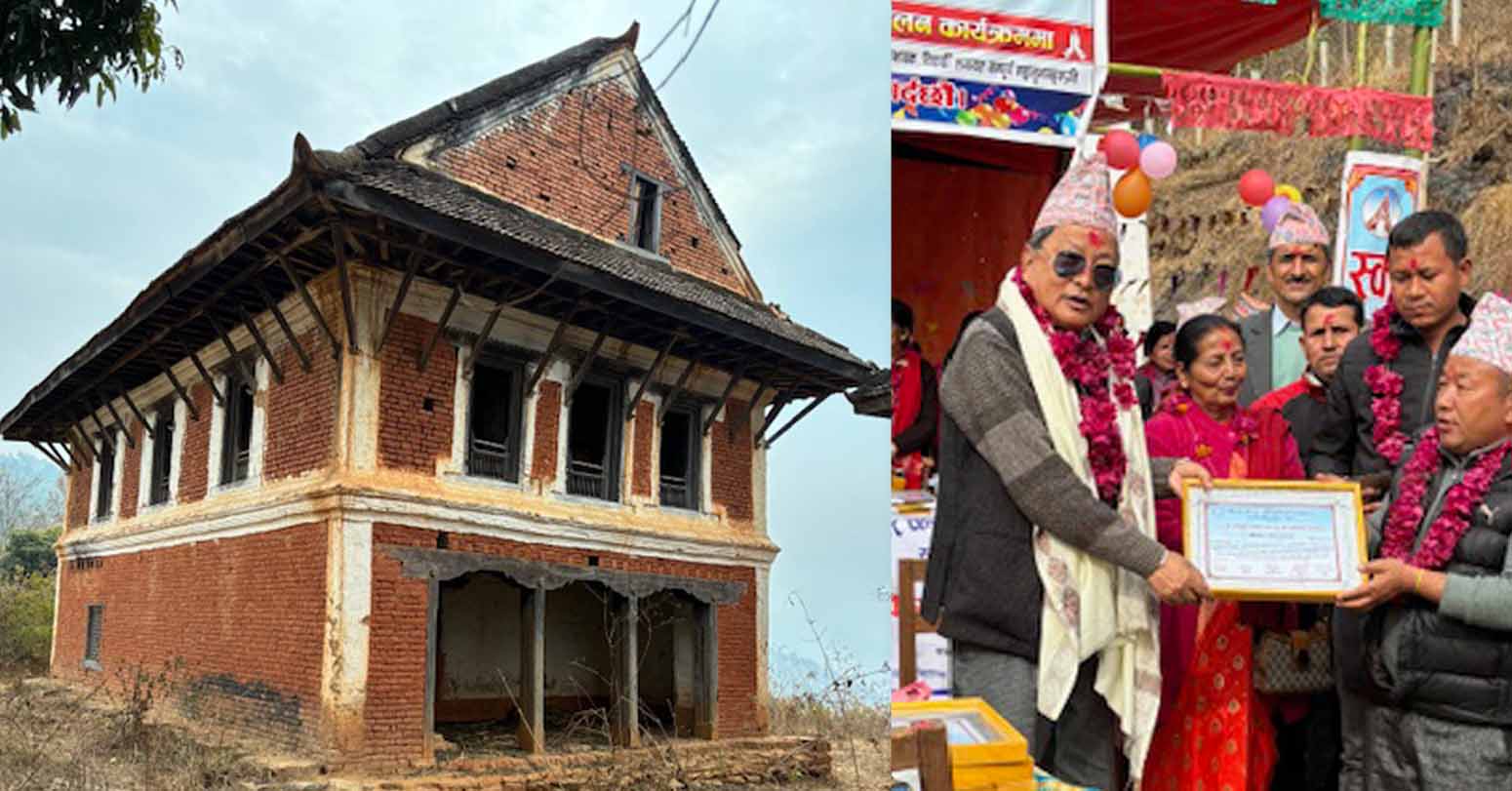

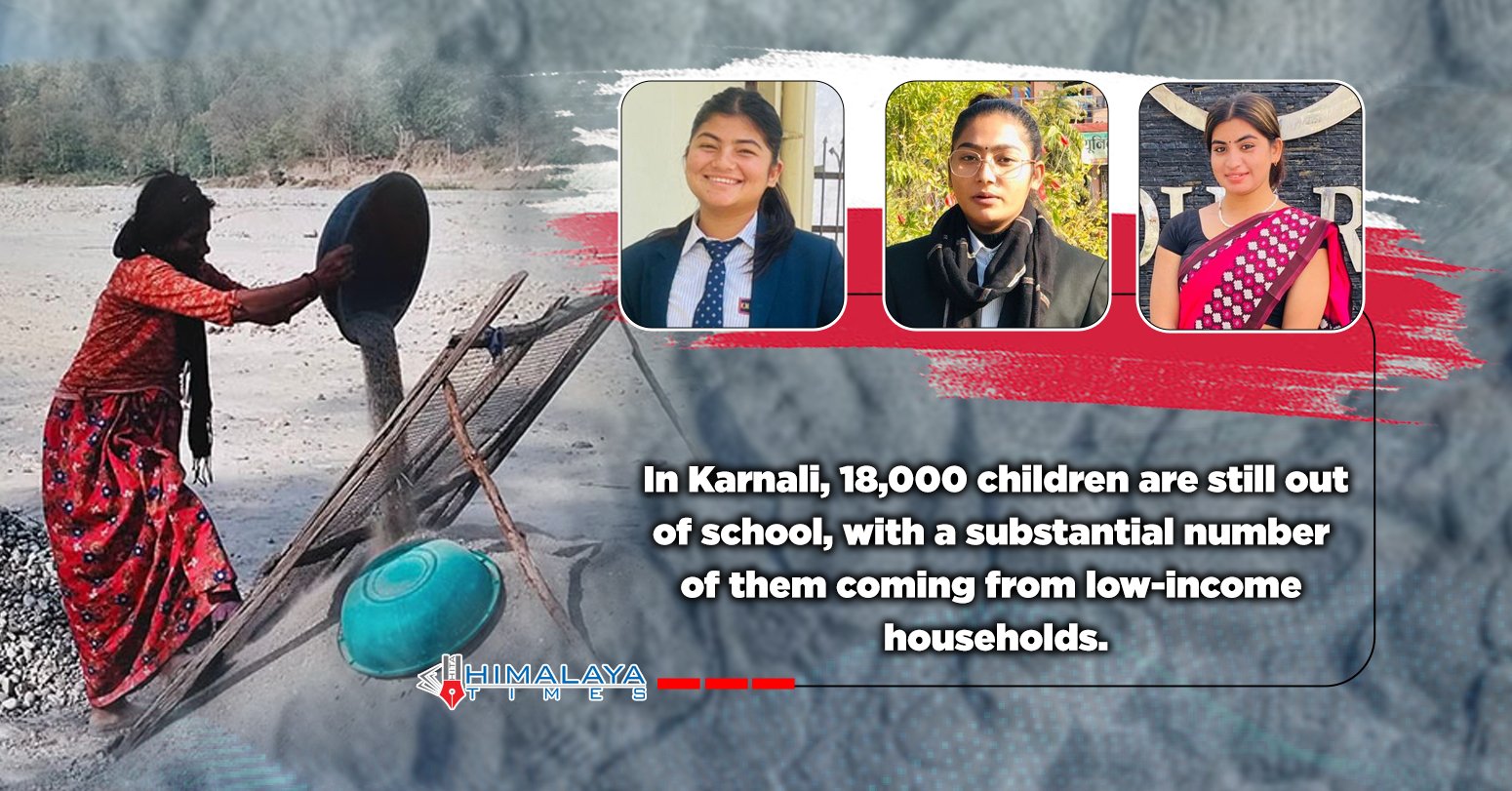
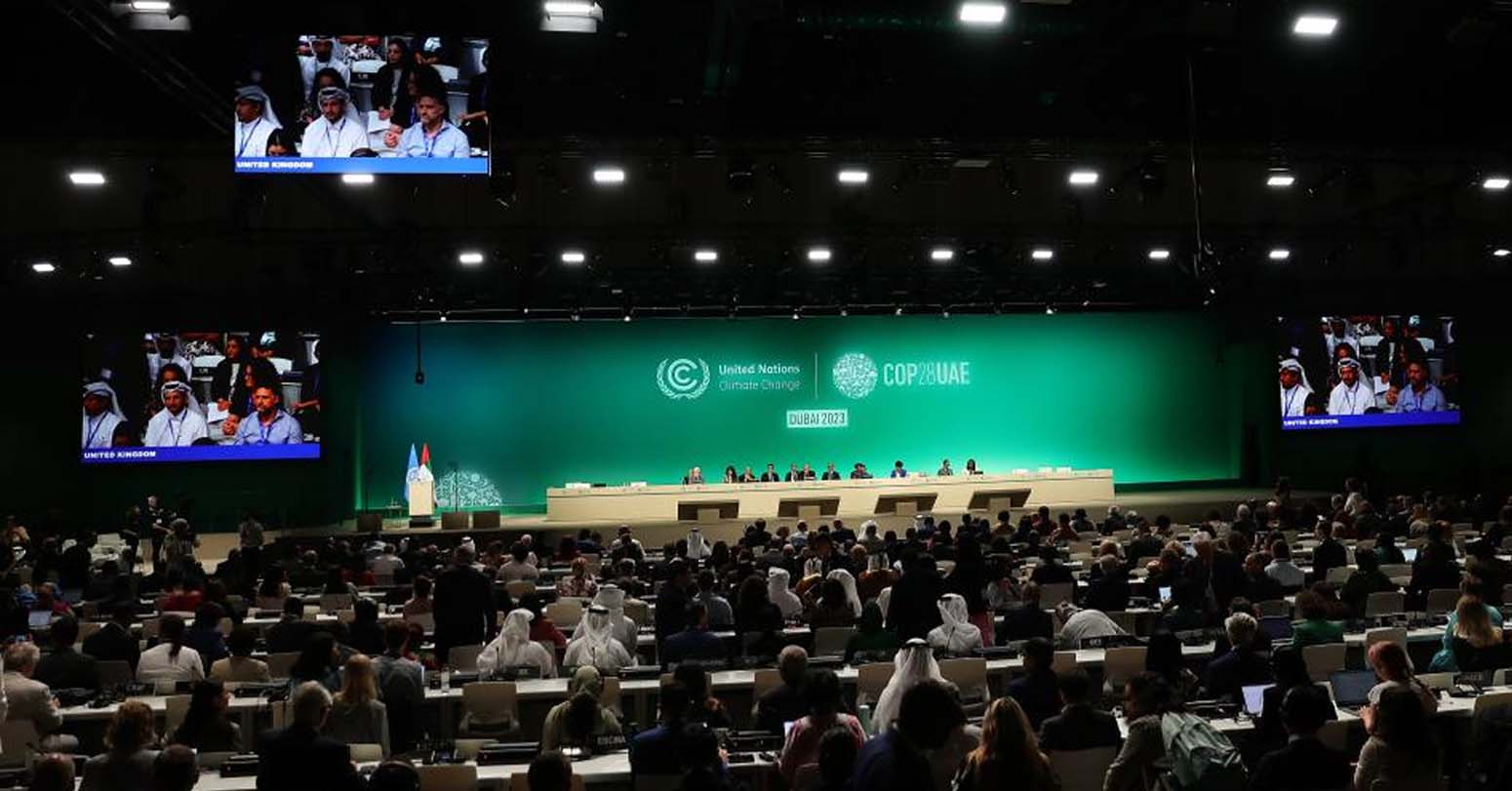
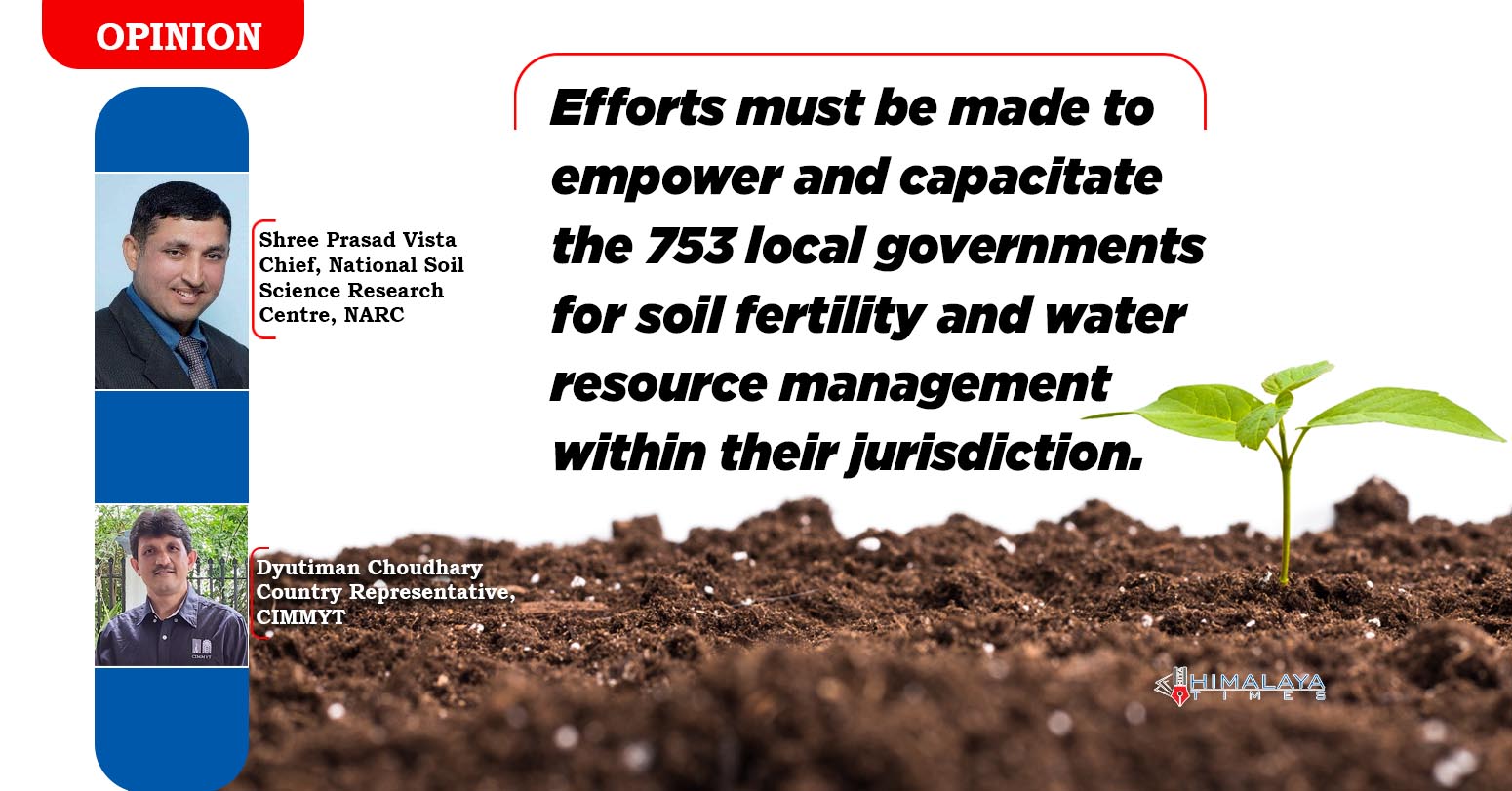
Comprehensive Data Protection Law Critically
Gender Differences In Mental Healthcare
Messi Wins Best FIFA Men’s
Erosion of Democracy
Fly Dubai Catches Fire in
“Complexities of the South Asian